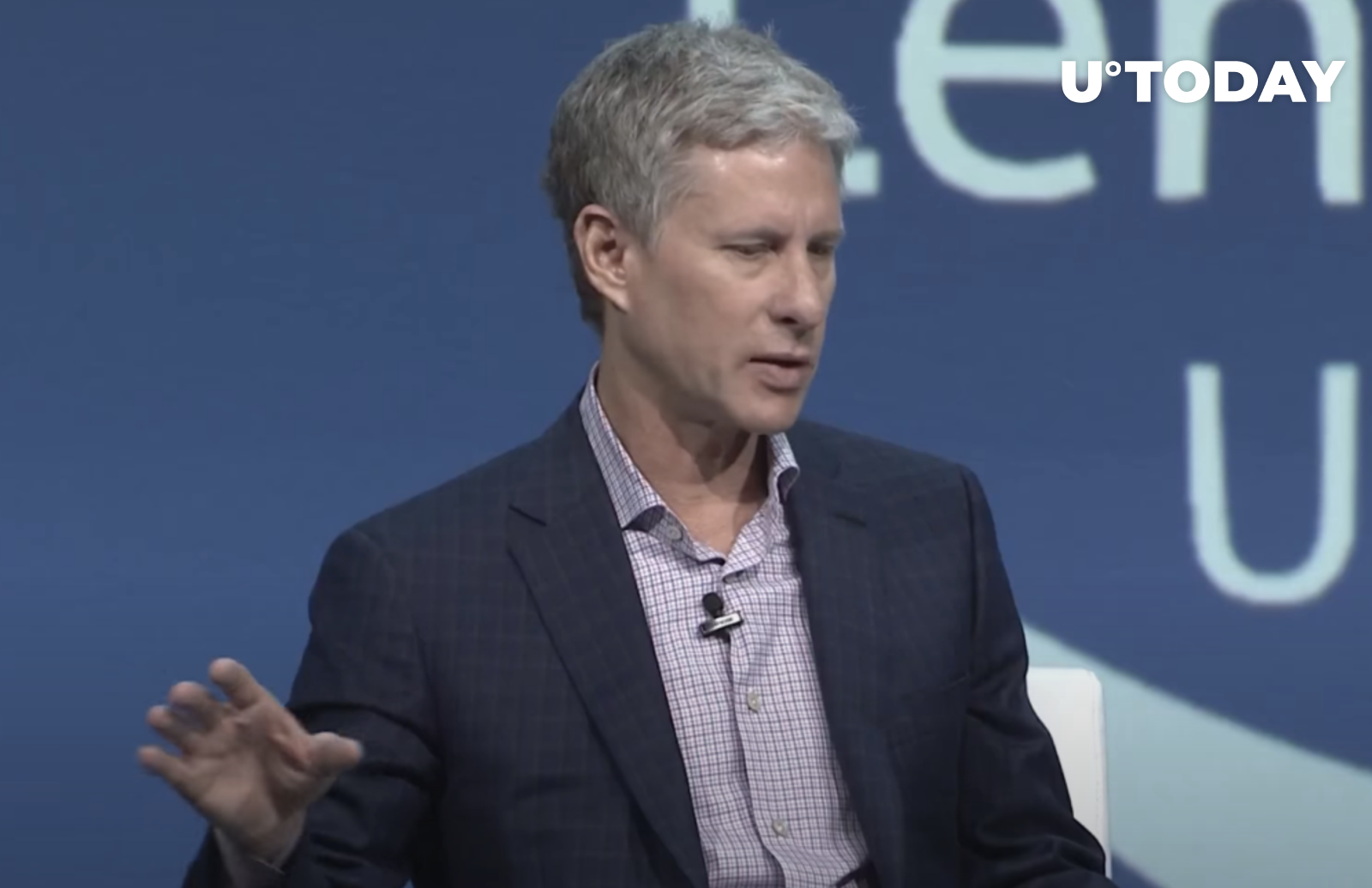Ripple co-founder Chris Larsen has publicly criticized the U.S. Securities and Exchange Commission (SEC) for its approach to cryptocurrency regulation, calling it a “policy of regulation by enforcement”
Ripple co-founder Chris Larsen recently expressed his concerns over the United States’ approach to cryptocurrency regulation.
Larsen criticized the U.S. Securities and Exchange Commission (SEC) for its “policy of regulation by enforcement,” stating that it’s time for Congress to take the lead on crypto policy.
“I sincerely hope we’re seeing the beginning of the end of the SEC’s policy of regulation by enforcement,” he wrote on the X social media platform.
This comes after a court ruling found that Ripple-affiliated cryptocurrency XRP was not a security when sold to the public, a decision that Larsen views as a significant win for the industry. “The SEC lost on everything that was important to them and important in regulation of the industry,” he said.
San Francisco’s lost opportunity
Larsen, a San Francisco native, also lamented the city’s missed opportunity to become the “blockchain capital of the world,” attributing the loss to “hostile U.S. government policy.”
He pointed out that cities like London, Singapore, and Dubai have become global hubs for blockchain technology due to their clear and supportive regulatory frameworks.
“It’s really unfortunate. Our vacancy rate might have been half of what it is here in San Francisco if we still were the global blockchain capital of the world,” Larsen added.
A call for civic engagement
Beyond cryptocurrency, Larsen spoke about his civic engagement in San Francisco, emphasizing the importance of both financial contributions and active participation in city life.
He mentioned his donation in the form of XRP cryptocurrency to San Francisco State and his work with Mayor London Breed through a nonprofit called Avenue Greenlight. The organization has allocated about $3.7 million to make small grants to merchant districts and help small businesses that are struggling after a crisis. “There’s a lot of work to be done,” Larsen noted, highlighting the need for better tools and recruitment in areas like public safety.
